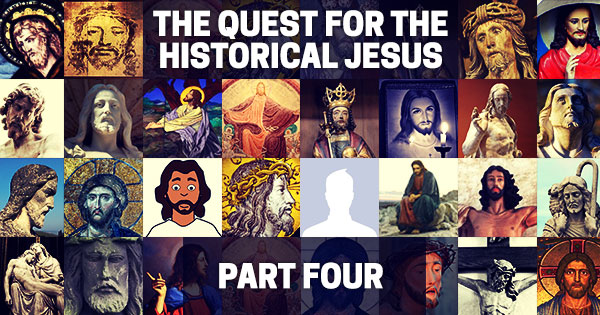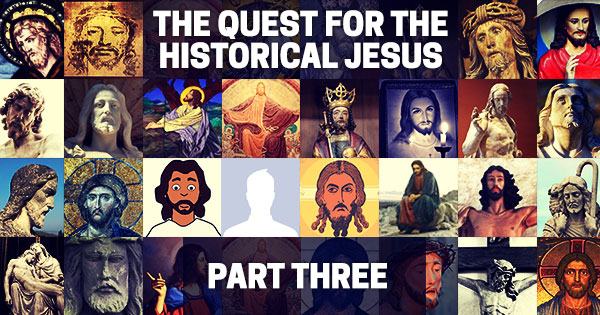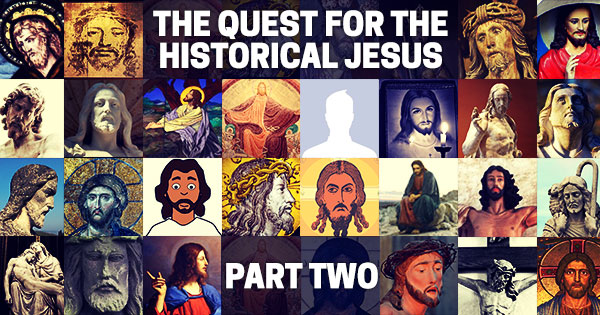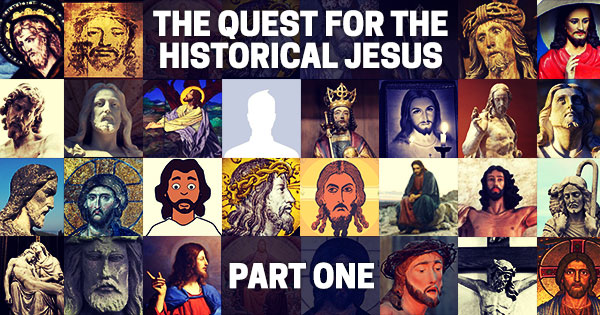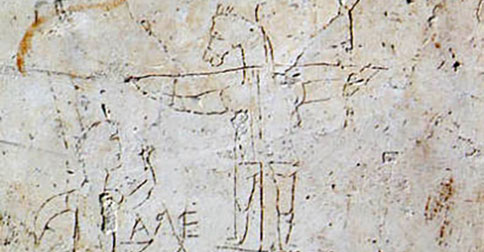This five part series is written by Christian Chiakulas. Part one is here, part two is here, part three is here, part four is here, and part five is here.
The term “Kingdom of God” and its related form in the Gospel of Matthew, “Kingdom of Heaven,” are at the very center of Jesus’s entire message. New Testament scholar John Reumann wrote: “Ask any hundred New Testament scholars around the world, Protestant, Catholic, or non-Christian, what the central message of Jesus was, and the vast majority of them – perhaps every single expert – would agree that his message centered in the kingdom of God.”
There are differing interpretations of what exactly this Kingdom looks like, but far more controversial is the method of the Kingdom – how and when it will arrive. This is where scholars are divided: at the eschatological views of Jesus.
Eschatology is theology regarding the end of the world. The traditional Christian view is that the world as we know it will end with the second coming of Jesus as told in Revelation. But Revelation was written many years after Jesus’s death. What were his own views?
The traditional model is commonly called “apocalyptic” or “imminent” eschatology. It was codified by Albert Schweitzer and remained the dominant view throughout the 20th century. The dissenting view is called “realized” or “participatory” eschatology, and was first developed by C.H. Dodd; it has found support mostly among more liberal scholars.
Before we discuss… [Read more…] about The Quest for the Historical Jesus: Part Four
